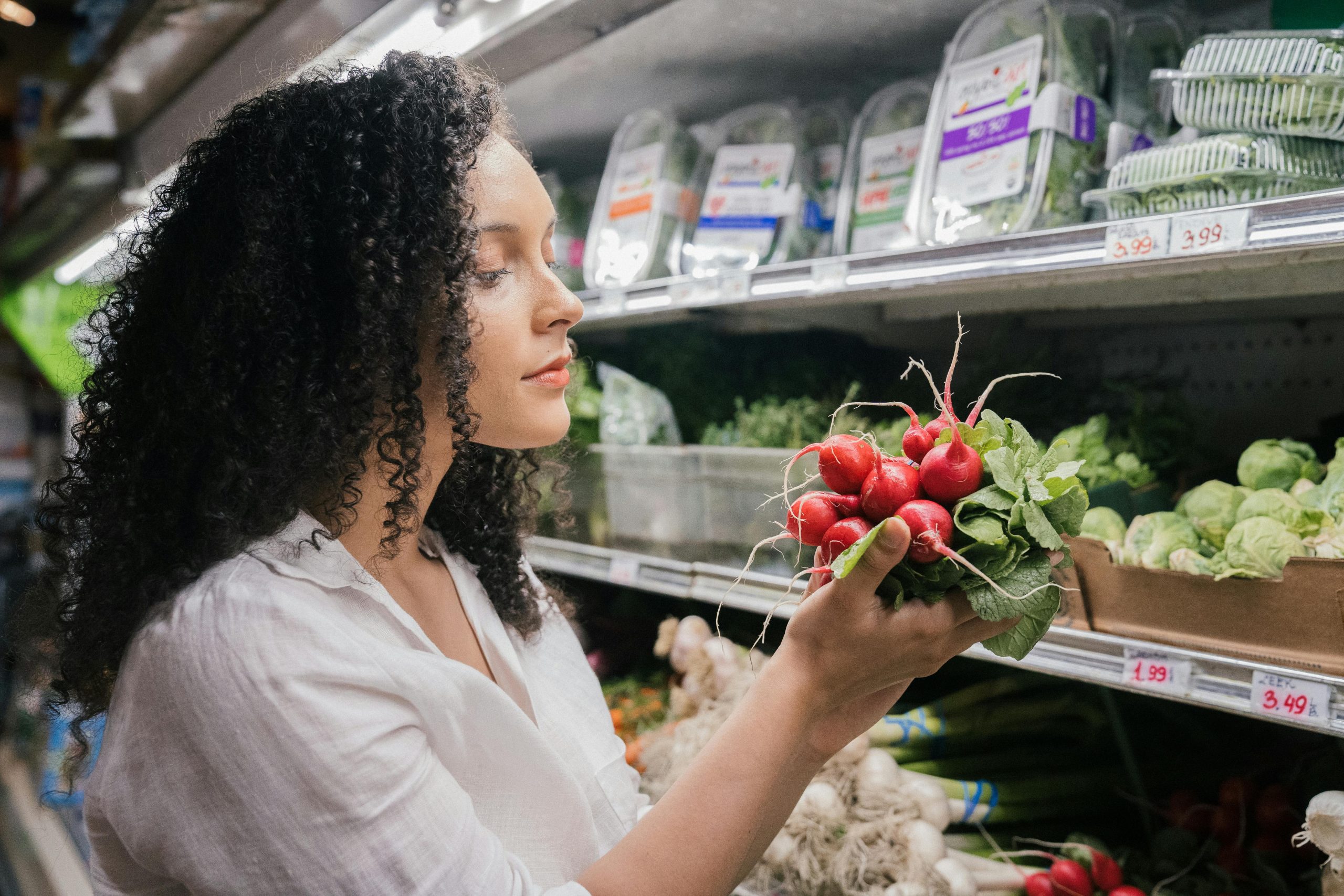The new generation of grocery loyalty programs promises a “personalized” shopping experience. Using your purchase history, apps from stores like Kroger and Safeway will send you special, targeted deals on the items you buy most. This is known as “personalized pricing.” It means that you may be paying a different price for a carton of milk than the person behind you in line. While this can lead to some great deals, it also raises some serious questions about fairness and transparency.

What Is Personalized Pricing?
Personalized pricing is a strategy where a retailer uses a customer’s data to offer them a unique price on a product. A loyal, high-spending customer might receive a better discount on a premium item to reward their loyalty. A more price-sensitive shopper might receive a coupon for a store-brand item to keep them from switching to a competitor. The store’s algorithm is constantly making these decisions behind the scenes.
The “Pros” for the Consumer
The main benefit of this system is that the deals you receive are highly relevant to you. Instead of getting a random coupon for a product you would never buy, the app will send you a discount on your favorite brand of coffee or your go-to snack. This can save you money on the items that are already on your shopping list. It can also help you to discover new products that are similar to the ones you already like.
The “Cons” for the Consumer
The biggest downside of personalized pricing is the complete lack of transparency. You have no way of knowing if the “deal” you are being offered is actually the best price available. The store might be offering a better discount to a different customer to try and change their behavior. This can lead to a feeling of unfairness. It also makes it very difficult to compare prices and to know if you are truly getting a good deal.
The End of the Universal Sale
This trend marks the end of the traditional, one-size-fits-all sale. In the past, when an item was on sale, everyone in the store paid the same discounted price. In the new world of personalized pricing, that is no longer the case. The price you pay is based on your own, individual profile. This is a major power shift from the consumer to the retailer.
The Data-Driven Deal
Personalized pricing is a direct result of the data-driven nature of modern retail. Grocery stores are now using our personal information to make complex and often secret decisions about the prices we pay. While this can sometimes result in a great, targeted deal, it also creates a less transparent and potentially less fair marketplace. It is a powerful reminder that in the world of modern loyalty programs, your data is the most valuable commodity of all.
How do you feel about the idea of personalized pricing? Do you think it is a fair way for stores to offer discounts? Let us know your thoughts!
What to Read Next
- 6 Loyalty Programs That Give Real Rewards Back
- 7 Supermarkets Where Loyalty Apps Give Better Deals Than Coupons
- The 9 Most Secretive Grocery Store Loyalty Programs
- The Loyalty Program That’s Turning Casual Diners Into Superfans
- 5 Loyalty Programs That Are Actually Worth You Joining
The post Are “Personalized Pricing” Loyalty Programs a Good Deal? appeared first on Grocery Coupon Guide.







